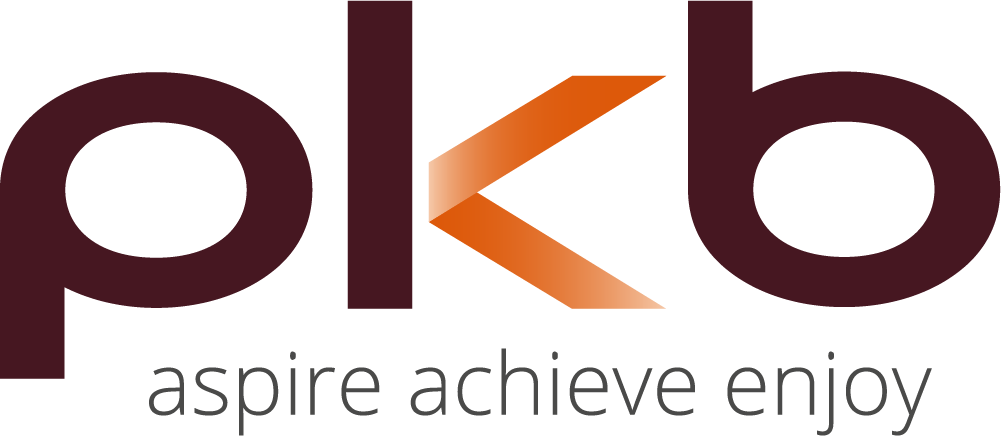HMRC will be changing how they assess profits for sole traders and partnerships. If you’re a sole trader or partnership, and your accounting date is between 6 April and 30 March, this will affect you.
Businesses choose their accounting date when they set themselves up and they typically make their accounts up to that date every year. Your accounting date is the last day of the period that you prepare your accounts for.
Under the current rules, you’re taxed on profits for the accounting date that ends in a given tax year. For example, if your accounting date is 30 November, for the 2022 to 2023 tax year you will be taxed on profits in your 30 November 2022 accounts.
When will this change come into effect?
The change will come into effect from 6 April 2023.
From here onwards, you will be assessed on your profits for each tax year that runs from 6 April to 5 April. This change will affect how you fill in your tax return if you use an accounting date between 6 April and 30 March. The way your profits are assessed if you use an accounting date between 31 March and 5 April will not change.
There will be a transition year from 6 April 2023 to 5 April 2024 to allow any overlap relief that you may be due to be used against your profits for that tax year. You may be due overlap relief from when you started to trade, or if you subsequently changed your accounting date.
Will the change affect companies?
Companies will not be affected by the change and your profits will continue to be assessed as normal.
How will my profits for the 2023/24 tax year be assessed?
The changes will mean the amount of tax that you owe in the 2023 to 2024 tax year may change if you use an accounting date between 6 April and 30 March. You will be assessed to tax on both:
- The 12-month accounting period you have previously been using (the one that ends in 2023/24).
- The rest of the 2023 to 2024 tax year — minus any overlap relief that you may be due — spread over 2022/23 and the next 4 tax years. You can spread these ‘excess’ profits over a shorter period if you wish.
Example (assuming no overlap relief is available):
- Your accounting period is from 1 January to 31 December.
- Your assessable profit is £32,000 from 1 January 2023 to 31 December 2023.
- Your assessable profit is £18,000 from 1 January 2024 to 5 April 2024.
- The £18,000 profit is divided equally and assessed over the next 5 tax years at £3,600 a year (£18,000 divided by 5).
- In the 2023 to 2024 tax year, your total assessable profits will be £35,600 (£32,000 plus £3,600).
Any increased profits from the 2023 to 2024 tax year will be treated in a special way to minimise the impact on benefits and allowances.
Can I use overlap relief?
If you set an accounting date between 6 April and 30 March when you started your business, or if you subsequently changed your accounting date, you may have paid tax twice on some of your profits and be entitled to ‘overlap relief’.
Usually, businesses can only use overlap relief to get this tax back when they stop trading or change their accounting date. However, HMRC will allow a business with unused overlap relief to use it in the 6 April 2023 to 5 April 2024 transition year.
In the example above, any overlap relief would be deducted from the £18,000 in step 3, also thereby reducing the profits spread over the subsequent 4 tax years.
What if I want to change my accounting period?
You don’t have to change your accounting period and can continue to use whichever accounting date suits your business.
However, you may want to consider changing your accounting date to 31 March or 5 April. If you do, this will align your accounting period with the end of the tax year, and you will not need to apportion profits on your tax return every year.
HMRC have confirmed that the restrictions on changing your accounting date that are currently in place will be lifted starting from the tax return for 2023 to 2024. If you change your accounting date in your tax return for a year before 2023 to 2024, you will not be able to spread any extra profits that arise in the tax year you made the change in.
You can find further information on how HMRC will assess profits for sole traders and partnerships at GOV.UK, but if you have any questions or concerns, please don’t hesitate to get in touch with PKB.
To read news and blogs from Rebecca Austin, click here >>


